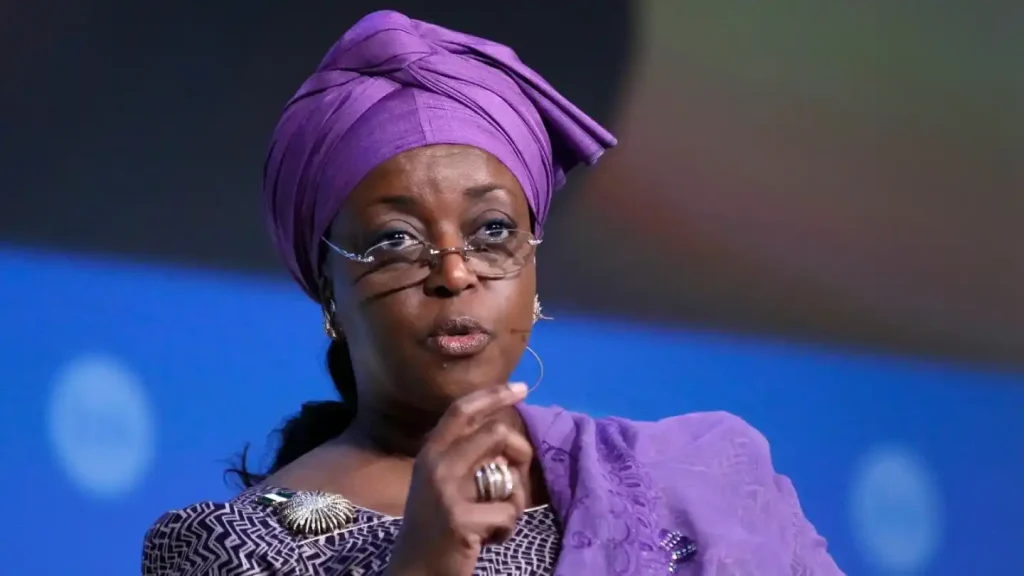Military Leader Abdourahamane Tiani Assumes Presidency
Niger’s junta leader, Abdourahamane Tiani, has officially been sworn in as the country’s transition president for the next five years, marking a significant shift in the nation’s political landscape. The ceremony took place in Niamey, the capital, solidifying Tiani’s control under a newly established charter.
Tiani, a former presidential guard commander, led the 2023 coup that ousted the previous government. Alongside his new presidential title, he has also been promoted to the highest military rank of army general. In a decisive move, he signed a decree dissolving all political parties, further consolidating power.
Tiani’s Five-Year Transition Plan Defies ECOWAS
Government Secretary General Mahamane Roufai stated that the five-year transition period would be “flexible,” suggesting that military rule could extend further. This move directly contradicts the efforts of the Economic Community of West African States (ECOWAS), which had urged Niger to reinstate democracy and rejoin the regional bloc.
DON’T MISS THIS: Prince Harry Resigns from African Charity Sentebale Amid Internal Conflict
Following the coup, Tiani initially proposed a three-year transition to civilian rule, but ECOWAS rejected the timeline, threatening military intervention if democracy was not restored sooner. However, negotiations failed, and Niger ultimately exited ECOWAS alongside Mali and Burkina Faso, a decision that was cemented earlier this year.
Niger’s Political Future Under Military Rule
With political parties now dissolved and Tiani firmly in control, Niger’s future remains uncertain. The five-year transition period raises concerns about the potential for prolonged military rule, increased political repression, and further isolation from West African partners.
As ECOWAS struggles to reassert influence over the region, Niger’s defiance signals a broader shift in West Africa, where military-led governments are pushing back against traditional diplomatic pressures.























